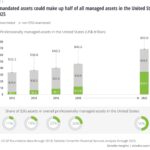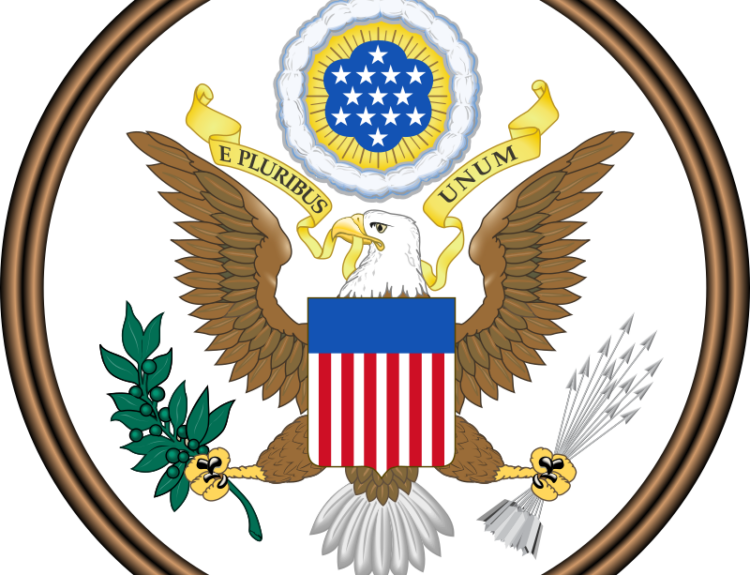U.S. and Europe anticipate heightened tensions as a new government takes shape in Tehran
- Western officials are preparing for increased volatility in Iran following the death of President Ebrahim Raisi
- No major foreign policy shifts are expected, but tensions may rise as a new government forms
- Iran is likely to deepen ties with China and Russia, support regional proxies, and continue its nuclear program
- The upcoming election campaign could lead to a more assertive posture in the region
- The U.S. is focused on keeping open channels of communication to avoid direct conflict
Western officials are bracing for a period of increased volatility in Iran following the death of President Ebrahim Raisi in a helicopter crash. While major foreign policy shifts are not expected, tensions may rise as a new government forms. Iran is likely to deepen its ties with China and Russia, continue supporting regional proxies like Hamas, and pursue its nuclear program. The upcoming election campaign could generate momentum for a more assertive posture in the region. The U.S. is focused on maintaining open channels of communication to avoid direct conflict or a crisis in the run-up to November’s elections.·
Factuality Level: 3
Factuality Justification: The article provides a mix of factual information about the aftermath of Iranian President Ebrahim Raisi’s death, potential implications for Iran’s foreign policy, and reactions from Western officials. However, it also includes some speculative statements and opinions presented as facts, especially regarding future events and decision-making processes within Iran. The article lacks depth in some areas and could benefit from more context and analysis to support its claims.·
Noise Level: 3
Noise Justification: The article provides a detailed analysis of the potential implications of the death of the Iranian President and the upcoming election in Iran. It discusses various aspects such as foreign policy, nuclear program, regional relationships, and potential shifts in leadership. The article is focused, supported by evidence, and offers insights into the complex dynamics surrounding Iran’s political landscape.·
Key People: Ebrahim Raisi (Iranian President), Ali Khamenei (Supreme Leader of Iran), Antony Blinken (U.S. Secretary of State), Vladimir Putin (Russian President), Mohammad Mokhber (Iran’s new interim President), Ali Bagheri-Kani (Iran’s new acting foreign minister), Suzanne Maloney (Director of the Foreign Policy program at the Brookings Institution), Michael Singh (Former National Security Council official, Washington Institute think tank), Rafael Grossi (International Atomic Energy Agency Director-General), Ali Vaez (Director of the Iran Project and a senior adviser at Crisis Group)
Financial Relevance: Yes
Financial Markets Impacted: The article discusses the potential impact of Iran’s political transition on its foreign policy, including its relationships with China and Russia. It also mentions the possibility of Iran edging closer to a nuclear weapon, which could have significant implications for global security and potentially impact financial markets.
Financial Rating Justification: The article discusses topics related to foreign policy, nuclear weapons, and potential geopolitical tensions, which can have implications for financial markets and companies.·
Presence Of Extreme Event: Yes
Nature Of Extreme Event: Major Accident
Impact Rating Of The Extreme Event: Minor
Extreme Rating Justification: The article mentions the death of Iranian President Ebrahim Raisi in a helicopter crash, which qualifies as a major accident. However, the impact of this event is considered minor as it does not have significant consequences beyond the immediate political implications in Iran.·
 www.wsj.com
www.wsj.com 





